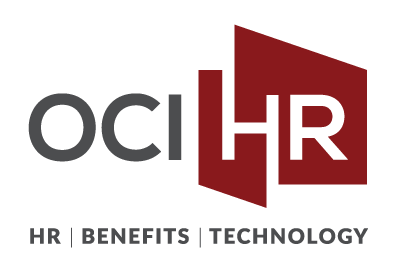Health Savings Accounts (HSA) has been around for many years. The combination of HDHP (high deductible health care plan) and a HSA is a great way of helping keep the rising cost of health insurance down at least a little bit. While the combination is not the health insurance premium savior that it once was, their ae still very strong advantages for both the employer and the employee.
Key Advantages
- Helps cover out-of- pocket expenses
- You do not ever lose unused HSA funds (rolls over at the end of the year)
- Contributions to your HSA account are not subject to federal income tax and monies grow tax free
- The employer can also contribute to the employee’s HSA account
- Your HSA account is portable
Of course there can be some disadvantages as well. The biggest challenge with HDHP plans and HSA accounts is education. Unlike 20 years ago, a large % of the workforce have experienced working for a company that offers an HSA option. But you still find a lot of misconceptions or misunderstandings when it comes to HDHP plans. If an employee picks a high deductible and either doesn’t fund the HSA or gets an illness before they are able to fund the HSA, they could be stuck with much larger out of pocket expense than they expected. With very high medical inflation and the ever increasing cost of health insurance, we are all looking for ways to reduce cost and while not prefect, the combination of HSA and HDHP is still one of best options.
